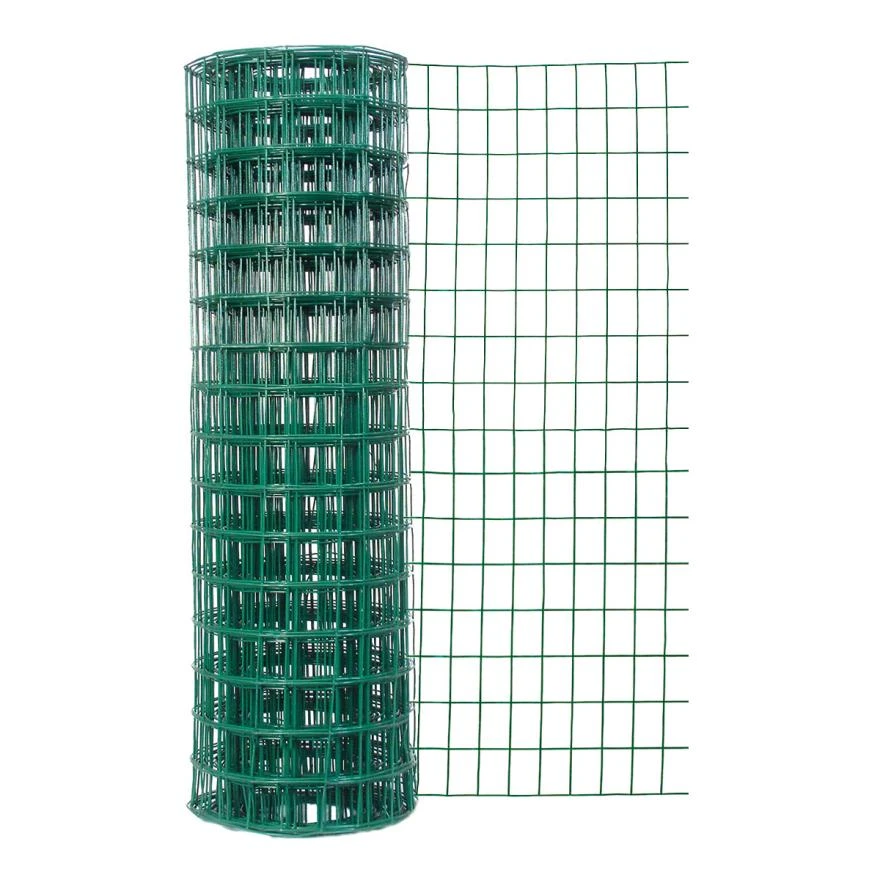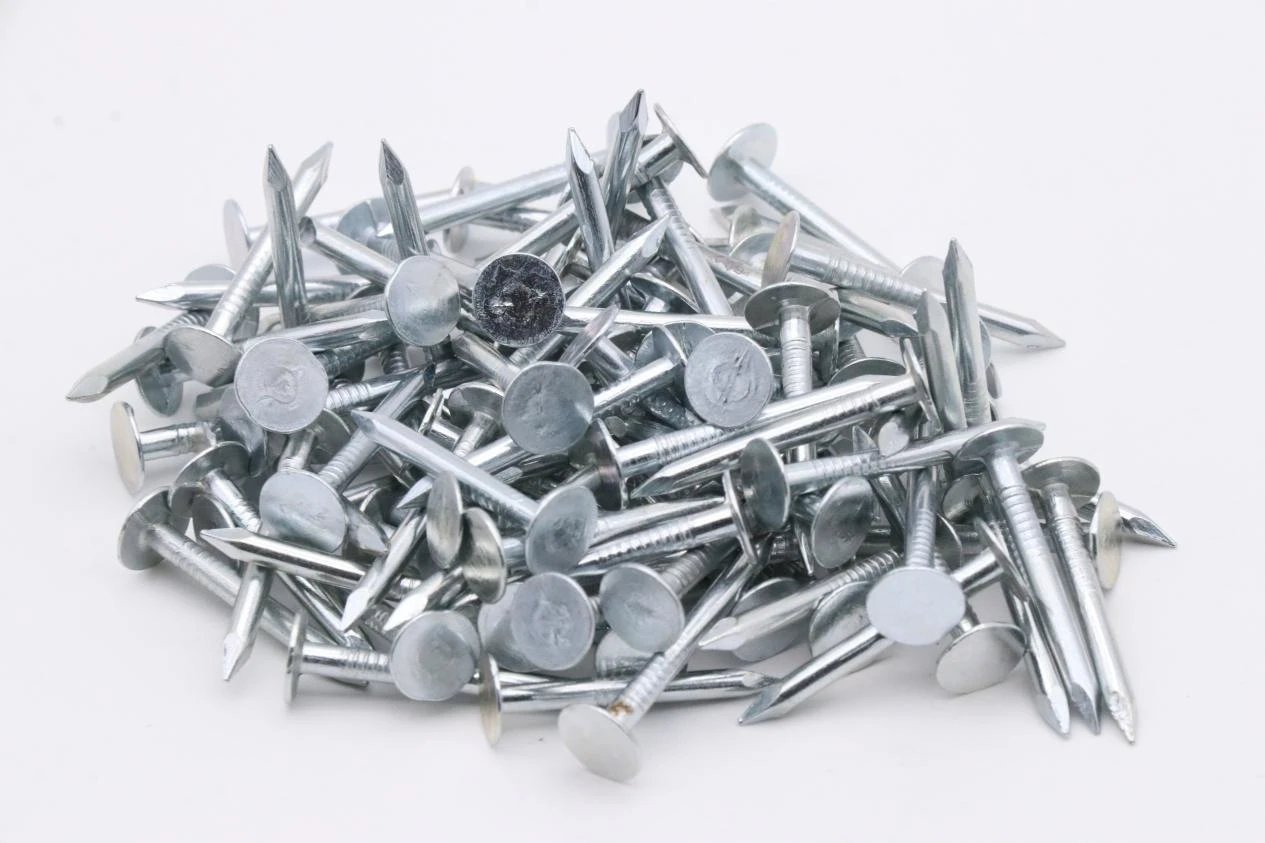Livestock Protection Solutions for Sustainable Farming and Secure Fencing Options
Ott . 08, 2024 13:06
The Importance of Livestock Field Fences
In the realm of agriculture, the management of livestock is a crucial component that underpins the success of farming operations. One essential aspect of effective livestock management is the installation and maintenance of field fences. Livestock field fences serve multiple purposes, including containing animals, protecting crops, and ensuring the safety of both the animals and the surrounding environment. Understanding the significance of these fences can help farmers make informed decisions about their implementation and maintenance.
Firstly, livestock field fences are primarily designed to contain animals within a designated area. This containment is vital for the well-being of the livestock and the integrity of the farm. Without proper fencing, animals may wander off, leading to potential loss, injury, or even death. Additionally, unrestricted movement can result in damage to neighboring properties or crops, causing disputes with other farmers and creating financial setbacks. Therefore, a high-quality fence is indispensable in keeping livestock safe and secure.
Moreover, field fences serve to protect crops from the ravages of grazing animals. When livestock is allowed to roam freely, they may unintentionally destroy young plants and crops, leading to substantial agricultural losses. Farmers understand that a robust fence acts as a barrier against such destructive behavior, preserving the integrity of their fields and ensuring a productive yield. This protection becomes especially important during the growing season when crops are particularly vulnerable to any encroaching livestock.
livestock field fence

Another significant facet of livestock field fences is the security they provide. A well-constructed fence helps deter theft and keeps predators at bay. Livestock can be attractive targets for thieves, and the financial impact of a stolen animal can be devastating for a farm. Additionally, natural predators, such as coyotes and foxes, pose a threat to livestock, especially smaller animals like sheep and goats. A sturdy and secure fence offers a first line of defense against these threats, enhancing the overall safety of the farm.
The choice of materials and design for field fences is another important consideration for farmers. Different types of fencing materials are available, including wood, barbed wire, electric fencing, and woven wire. Each material has its own advantages and disadvantages, depending on the type of livestock being contained and the specific needs of the farm. For instance, electric fencing can be particularly effective for larger animals like cattle, while woven wire or barbed wire may be better suited for smaller livestock such as sheep or goats.
Finally, regular maintenance of livestock field fences is crucial. Over time, natural wear and tear, as well as environmental factors, can compromise the integrity of a fence. Farmers should regularly inspect their fencing to identify and repair any damage, ensuring ongoing protection for their livestock. Maintenance may include tightening wires, replacing broken posts, and clearing vegetation that could impede the fence's effectiveness.
In conclusion, livestock field fences are a vital element in the management of agricultural operations. By providing containment, protecting crops, securing the farm, and requiring periodic maintenance, these fences play an indispensable role in promoting the health and safety of livestock and the success of farming endeavors. As such, farmers must prioritize the installation and upkeep of field fences to ensure their operations remain efficient and effective.









 Unity
Unity Creation
Creation Challenge
Challenge Contribution
Contribution










